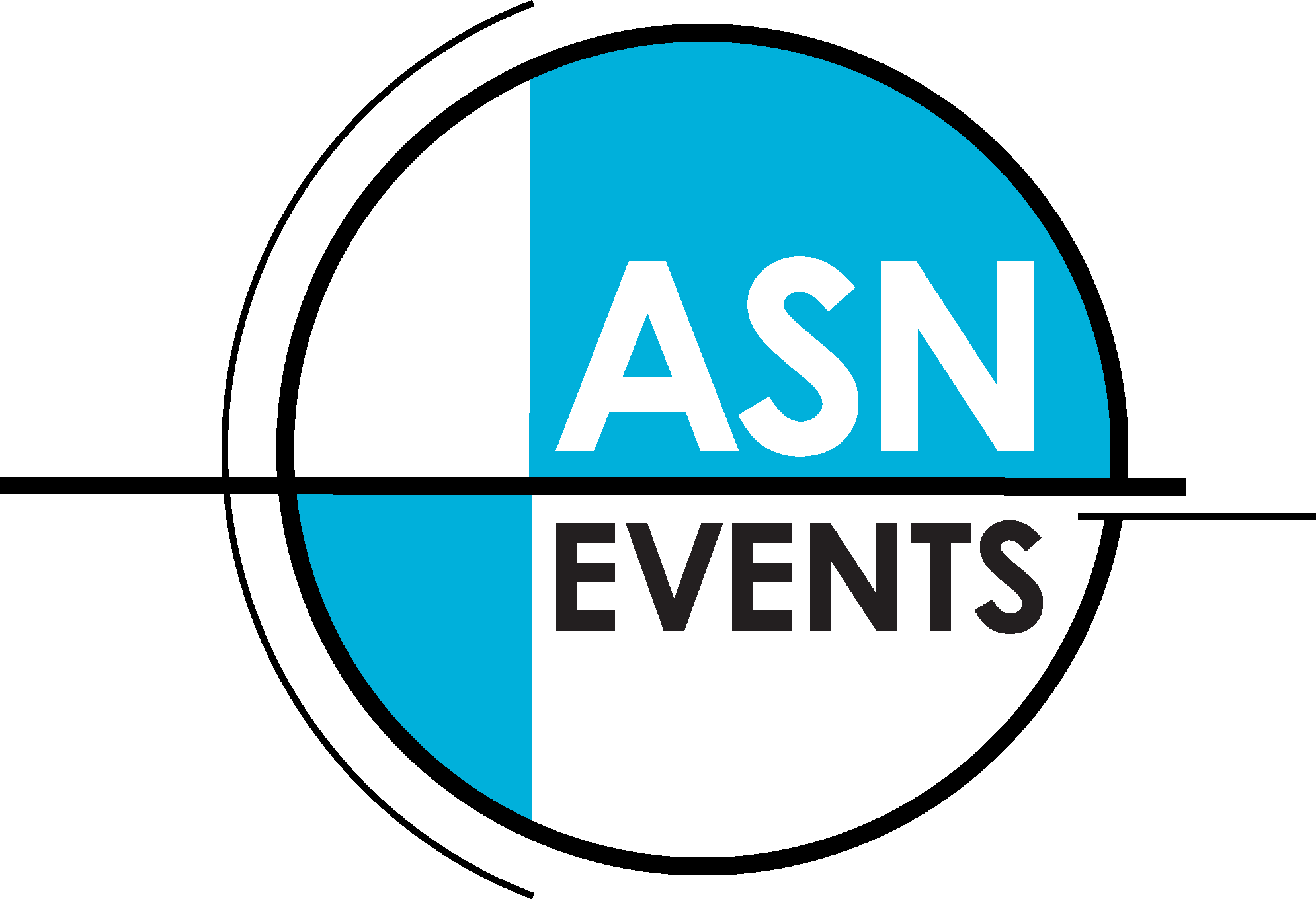5 Steps to a More Sustainable Event
Event sustainability is one of the fastest-growing trends in the meetings industry, and for good reason. As conference planners we have a vital role to play in addressing some of the sustainability challenges we face as a planet.
But when you already have a million things to manage — from corralling your committee to promoting your event — it can be hard to know where to even start. Here are 5 steps to start you on the right path:
Know your impact
You can’t fix what you don’t know! First off assess how your event is impacting the environmental. If your aim is to become a certified sustainable event, you’ll need the input of an independent third party. Once your conference is done and dusted, they’ll measure your admissions and assess if you meet the criteria. If aiming for full sustainability for your next event isn’t realistic, you can still work to reduce your impact. We suggest dividing up environmental impacts into groups can make them easier to manage. If you are short of time, try and introduce one impact area each year to measure and try to reduce.
2. Research
With all changes, you should allow a bit of time to research and keep open communication with your client with their priorities. Research sustainability accredited venues, accessibility to reduce carbon emissions due to travel. Carbon offset options, swapping print for digital. Consider mainly vegetarian menus.
3. Plan & Measure
Once you’ve chosen which environmental impacts you’re going to focus on, you should set some realistic goals which you can improve on each year. Make sure you decide what you’re going to measure before you get started. This could be anything from the amount of single use plastic reduced of percentage of waste you got recycled. For your catering, you could audit whether all your contractors used the local food supplier you told them to use.
4. Influence your suppliers/contractors
Include event sustainability requirements in your RFPs and contracts. Doing this will put vendors on notice that sustainability is an important consideration that will impact their ability to do business with your event. This is important, as it often means you’ll be able to negotiate sustainable options on a cost-neutral basis, instead of trying to add them last-minute, often at a hefty mark-up.
PCMA’s Annual Meetings Market Survey found only 11 percent of meeting professionals include environmental elements in their RFPs!
5. Waste management
Make sure that your venue/contractor is being honest about what happens to the event waste. Make it part of their contract to tell you where the rubbish and recycling has gone and do some poking around to make sure they’ve told you the truth. They’re legally obliged to provide you with a duty of care note which shows you when and where the recycling was taken.
Identify a food rescue plan to donate anything edible to a local food bank or shelter. Before you do, check your local by-laws around food donation though. If this isn’t an option, consider donating leftover food or kitchen scraps to a pig farm in the area as animal feed. This is great for not only diverting waste from compost or worse, landfill, but it can also help you identify areas where you’re over-ordering or over-catering.
TIP: There’s no point investing in a solid plan for managing waste if bins aren’t clearly marked, and delegates or staff aren’t empowered or educated. Provide waste stations, signs at eye level and monitors to help your delegates and exhibitors sort their waste.
Conferences have immense reach. That’s why people organise & attend them. When you hold a conference or event which aims to be sustainable, or one with visible event sustainability initiatives, you leave a legacy for your delegates and your host community.
